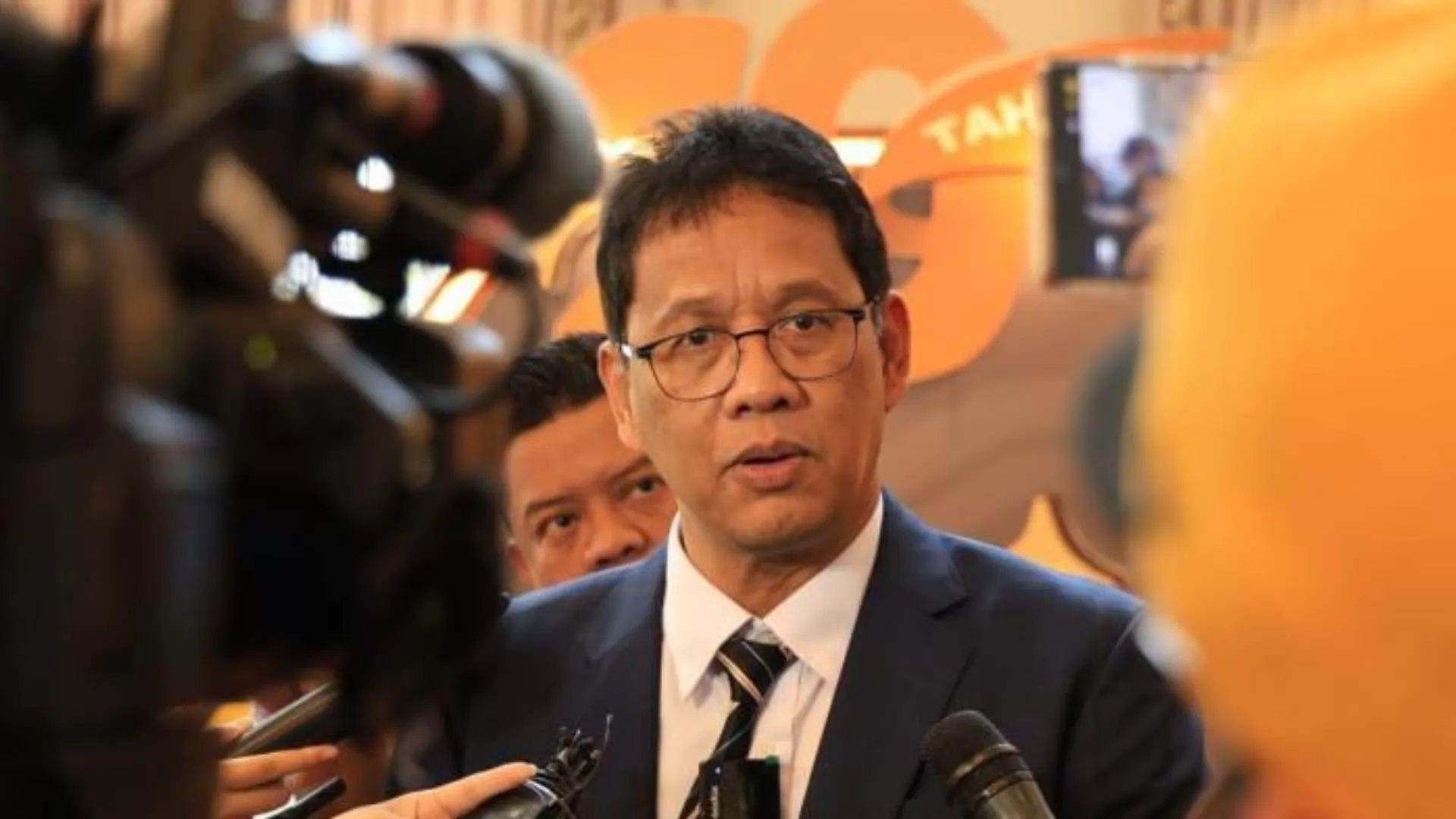
Crypto News
Crypto Travel Booking Platform Joins Chainlink Build Program on Solana
/index.php
Saham News - Posted on 11 October 2025 Reading time 5 minutes

Finance Minister Purbaya Yudhi Sadewa has drawn attention to the rising trend of “fried stocks” trading in the capital market. He believes such practices harm retail investors and urged the Indonesia Stock Exchange (IDX) to take immediate action to restore order.
The term “fried stocks” refers to shares whose prices are artificially manipulated by certain parties to create the illusion of strong demand. These stocks often experience sharp fluctuations not supported by company fundamentals, posing high risks for small investors.
“Earlier we discussed the direction of future government economic programs and how to ensure that these programs are sustainable—not just one-off efforts that disappear, but initiatives that continue over time,” Purbaya said after attending the Dialogue with Capital Market Participants and the Indonesian Finance Minister at the IDX Building in Jakarta, on Thursday (October 9).
During the discussion, Purbaya revealed that the IDX had requested incentives from the government. However, he stressed that incentives would only be granted if the exchange successfully improves investor behavior and ensures an orderly market.
“They (IDX) asked for incentives. I told them I wouldn’t give any until they clean up our capital market. Too many are manipulating stock prices without consequences, and small investors end up suffering,” Purbaya stated.
He further explained that no final decision has been made regarding the types of incentives requested by the IDX. The exchange proposed several options, including tax-related incentives. However, the government is waiting for concrete actions from IDX to improve market governance.
“For now, no. They’ve asked for various things like tax incentives, but I told them this: if I can clean up my tax office so that there are no more issues, their (IDX’s) concerns should disappear. But if problems persist even after that, they can come back to me, and I’ll consider what kind of incentive would best help develop and support the growth of Indonesia’s capital market,” he explained.
Purbaya emphasized that reforming capital market governance must be the top priority before the government provides any form of fiscal support.
Despite pointing out the negative aspects of the market, Purbaya remains optimistic about Indonesia’s long-term capital market prospects. He believes the Jakarta Composite Index (IHSG) will continue to strengthen in the coming years.
When asked about government measures to maintain market liquidity amid the IHSG breaking records above the 8,000 level, Purbaya said the positive momentum is likely to continue.
As of Friday (October 10) at 6:24 a.m. WIB, according to RTI Business data, the IHSG had gained 84.90 points, or 1.04 percent, reaching 8,250.93. The index had touched an intraday high of 8,272.63 and a low of 8,159.94.
“I think the IHSG will keep rising. Maybe ten years from now, as I said earlier—in short, IHSG to the moon,” said Purbaya.
He explained that the upward trend in the index reflects investor optimism about Indonesia’s economy. In addition, the government’s focus goes beyond the stock market, as it aims to strengthen the nation’s economic foundations for sustainable growth.
“Our goal isn’t just to boost the capital market but to drive the economy itself. I still have enough fiscal space to provide more stimulus if needed. But naturally, when the economy grows well, the stock market follows,” he said.
According to him, stock market movements mirror investor expectations about the direction of the national economy.
The recent surge in the IHSG, he noted, is partly due to growing market confidence in government policies, such as the disbursement of Rp200 trillion to state-owned banks (Himbara) and plans to add another Rp70 trillion for regional banks.
“Liquidity has only been flowing for less than a month, so it’s unrealistic to expect instant results. But investors can already project where the economy is heading. After today’s discussion, I believe they’re more confident that the improvements are structural and will continue into the future,” Purbaya said.
He also assured that the government still has sufficient fiscal capacity to maintain economic stability should conditions deteriorate.
“I still have enough funds to inject more support if needed. But as long as the economy performs well, the stock market will naturally rise,” he concluded.
Source: kumparan.com
What do you think about this topic? Tell us what you think. Don't forget to follow Digivestasi's Instagram, TikTok, Youtube accounts to keep you updated with the latest information about economics, finance, digital technology and digital asset investment.
DISCLAIMER
All information contained on our website is summarized from reliable sources and published in good faith and for the purpose of providing general information only. Any action taken by readers on information from this site is their own responsibility.